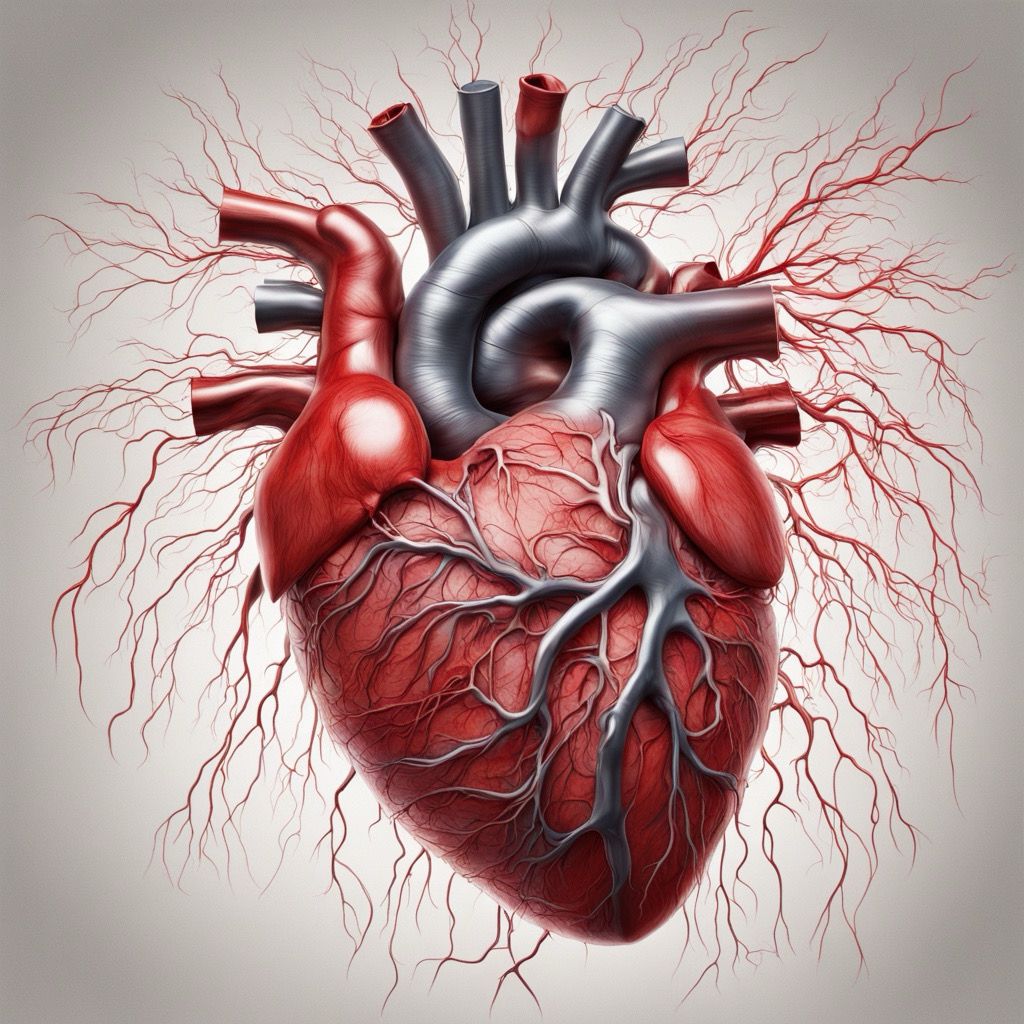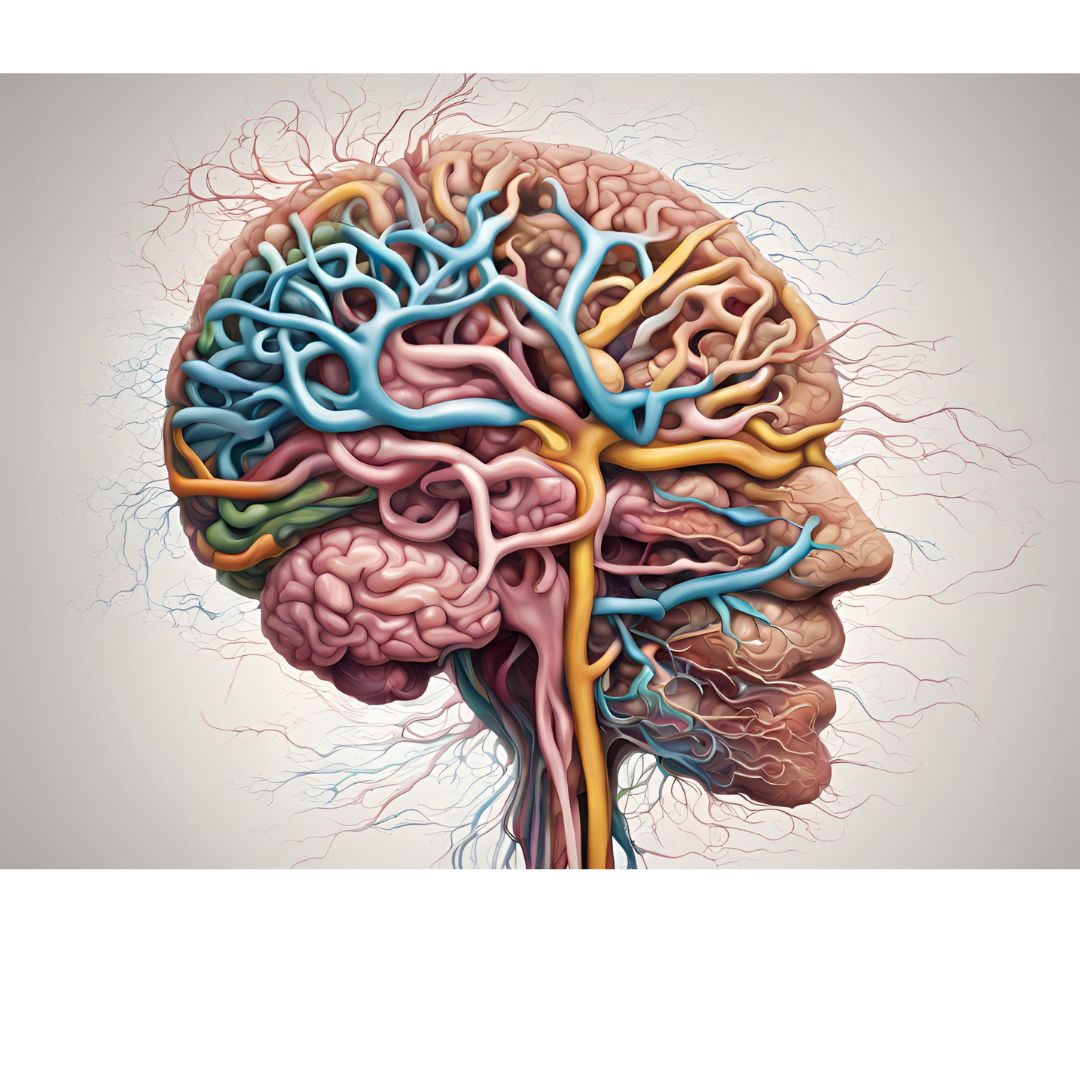Published: 6 months ago

Health
Summary
Drug abuse can wreak havoc on a person’s life, affecting their relationships, work, and overall well-being. Recognizing the warning signs of drug abuse is crucial in order to seek help and begin the journey to recovery. This captivating story explores the common signs and symptoms of drug abuse, from physical to psychological warning signs, and highlights the importance of seeking help & treatment
Article
As you walk through life, you may come across individuals who seem to be living on the edge, their behavior erratic and their actions unpredictable. You may notice subtle changes in their appearance, their eyes bloodshot and their coordination off. These signs should not be ignored, as they could be indicative of a much deeper issue at play - drug abuse.
The warning signs of drug abuse are not always glaringly obvious. They can be subtle, creeping into a person's life like a silent predator, slowly consuming them from within. It is important to be vigilant and aware of these signs, as they could potentially save someone from a downward spiral into addiction.
One of the most common indicators of drug abuse is risk-taking behavior. Individuals who are under the influence of drugs often engage in dangerous activities, such as driving under the influence or having unprotected sex. These behaviors can have serious consequences, not only for the individual themselves but also for those around them.
Another red flag to watch out for is neglecting responsibilities. Drug abuse can cause a person to prioritize their drug use over their obligations at work, school, or home. They may start to miss deadlines, skip important appointments, or neglect their personal hygiene. These signs should not be brushed aside, as they could be a cry for help from someone who is struggling with addiction.
Legal troubles are also a common warning sign of drug abuse. Individuals who are addicted to drugs may find themselves in trouble with the law, whether it be for disorderly conduct, driving under the influence, or possession of illegal substances. These legal issues can have far-reaching consequences and should not be taken lightly.
Physical signs of drug abuse are often the most visible indicators of a person's struggle. Bloodshot eyes, dilated or constricted pupils, changes in appetite or sleep patterns, and unusual smells on the breath or body are all telltale signs of drug use. If you notice any of these physical changes in someone you care about, it may be time to speak up and offer your help and support.
Behavioral changes can also be a key indicator of drug abuse. Individuals who are addicted to drugs may exhibit secretive or suspicious behaviors, or suddenly change their circle of friends, hangouts, and hobbies. These shifts in behavior can be a sign that something is not right and that intervention may be necessary to help the individual break free from their addiction.
Psychological warning signs of drug abuse should not be ignored. Sudden changes in personality or attitude, mood swings, irritability, paranoia, or fearfulness could all be symptoms of drug abuse. It is important to be attuned to these psychological changes and offer your support to someone who may be struggling with addiction.
Recognizing that there is a problem is the first step towards recovery. It takes courage and strength to face addiction head-on, but with the right support and treatment, it is possible to build a satisfying, drug-free life. If you or someone you care about is showing signs of drug abuse, do not hesitate to seek help. Recovery is possible, and a brighter future is within reach.
No opinions exist on this article yet!
Be the first one to share an opinion on this article.
This article does not have any attachments.
No Access
Share access to start recording your opinion










